National youth strategy nears completion
Work on a national youth strategy, which began in July, should be finished by the end of the year.
Friday, 16.11.2007.
09:58

Work on a national youth strategy, which began in July, should be finished by the end of the year. Serbia is the only country in the region that does not have this document, which is supposed to improve the standards for young people in all aspects of life, and help them become active in their communities. National youth strategy nears completion There are eight key topics for the future of young people, which are education, employment, security, social issues, activism, ecology and free time. Along with the Youth and Sports Ministry, there are several advisory councils working on the document. “It should be noted that informal education is also important, as is volunteer work, the importance of being informed, respect of human rights, and that is the part that the Youth and Sports Ministry is responsible for,” Ministry State Secretary Vesna Piperski-Tucakov said. More than 50 civil organizations are participating in the development of the strategy by organizing round table discussions around Serbia. The round tables are for people between the ages of 15-30, who identify problems and then propose possible solutions. The Center for Development of Parliamentary Debates NGO is responsible for organizing the round tables in six Belgrade municipalities, NGO official Dusan Vukanovic said. “The key problems, which we identified at the round tables, are problems concerning employment and education, which are connected,” Dusan Vukanovic said. “There are no internships in schools, after finishing school there is little work experience compared to Western countries, where even volunteer work counts as work experience. Secondary school pupils and students in the education process have a definite problem linked to relations with their teachers, professors and administrators,” NGO official Suncica Mitic said. “In Serbia there are few free places, and they say that they are being schooled for something they will not be able to do later on,” she said. “Young people need to get involved either in NGOs, youth political parties or some kind of informal citizens’ groups, and we will set aside financial means that will focus on this,” Piperski-Tucakov said. The completion of the strategy is accompanied by the “Imagine Life” campaign, and brochures have been printed, along with a website. The website shows what progress has been made in creating the strategy and how young people can get involved.
National youth strategy nears completion
There are eight key topics for the future of young people, which are education, employment, security, social issues, activism, ecology and free time.Along with the Youth and Sports Ministry, there are several advisory councils working on the document.
“It should be noted that informal education is also important, as is volunteer work, the importance of being informed, respect of human rights, and that is the part that the Youth and Sports Ministry is responsible for,” Ministry State Secretary Vesna Piperski-Tucakov said.
More than 50 civil organizations are participating in the development of the strategy by organizing round table discussions around Serbia. The round tables are for people between the ages of 15-30, who identify problems and then propose possible solutions.
The Center for Development of Parliamentary Debates NGO is responsible for organizing the round tables in six Belgrade municipalities, NGO official Dušan Vukanović said.
“The key problems, which we identified at the round tables, are problems concerning employment and education, which are connected,” Dušan Vukanović said.
“There are no internships in schools, after finishing school there is little work experience compared to Western countries, where even volunteer work counts as work experience. Secondary school pupils and students in the education process have a definite problem linked to relations with their teachers, professors and administrators,” NGO official Sunčica Mitić said.
“In Serbia there are few free places, and they say that they are being schooled for something they will not be able to do later on,” she said.
“Young people need to get involved either in NGOs, youth political parties or some kind of informal citizens’ groups, and we will set aside financial means that will focus on this,” Piperski-Tucakov said.
The completion of the strategy is accompanied by the “Imagine Life” campaign, and brochures have been printed, along with a website. The website shows what progress has been made in creating the strategy and how young people can get involved.












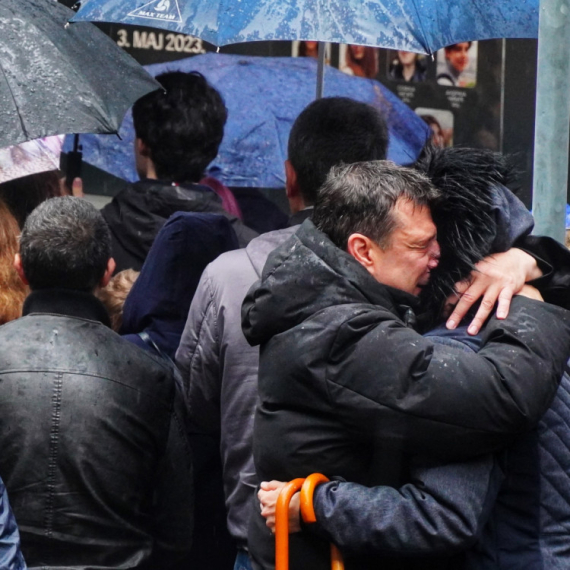

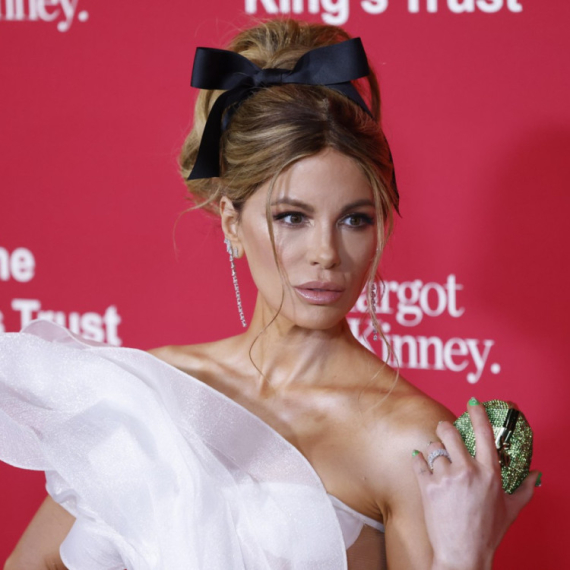







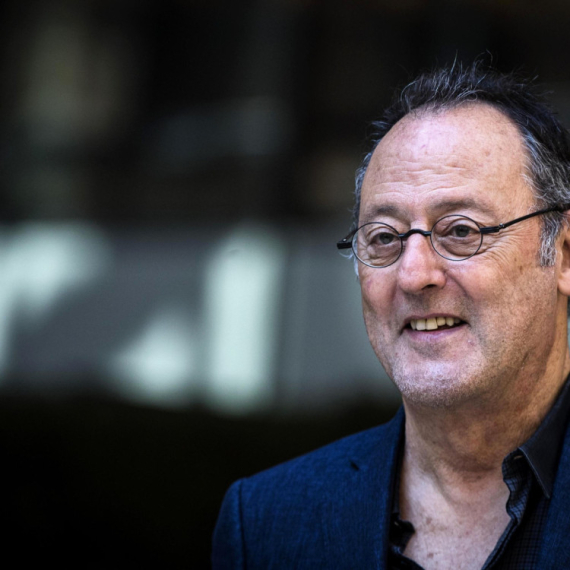





















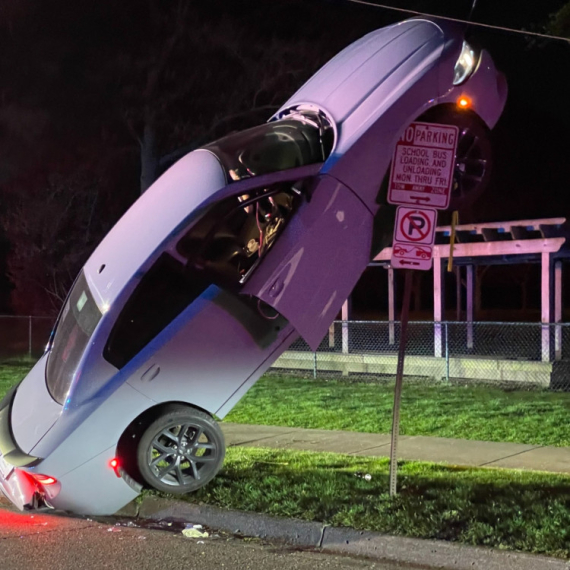
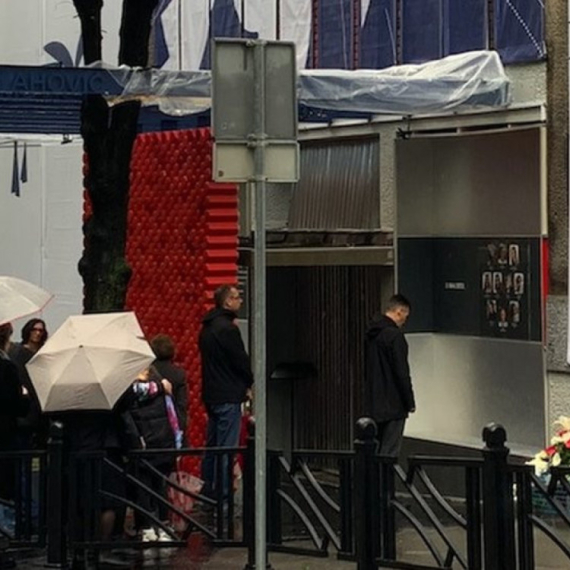
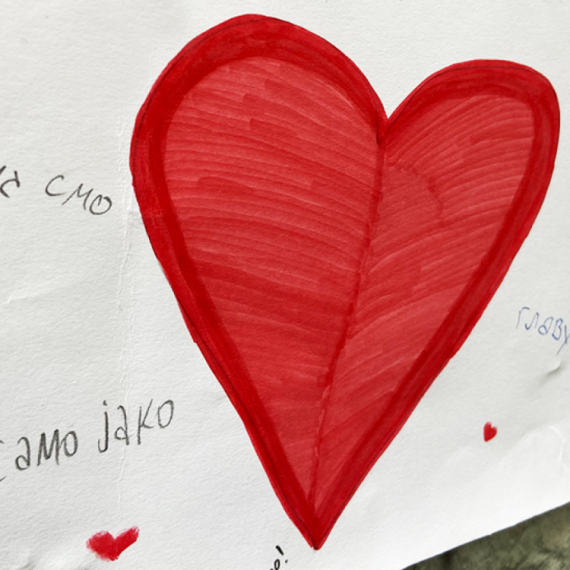




Komentari 0